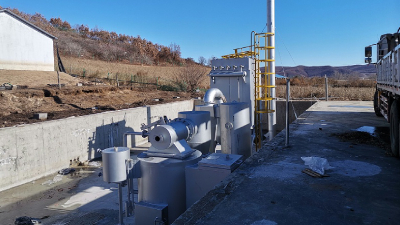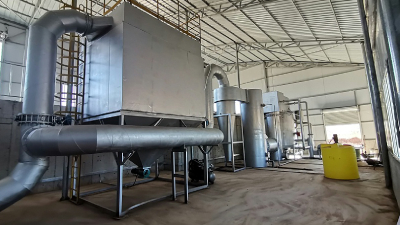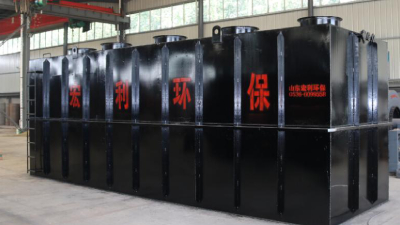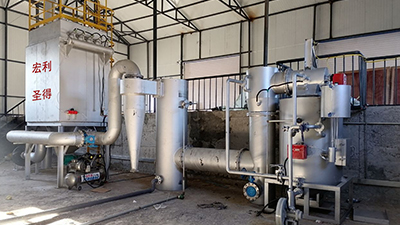



With the arrival of hot summer weather, major breeding farms are also busy with disease protection work, especially pig farms. In this hot summer, it is even more important to pay attention to the health of pig herds. Damp and stuffy summers are more likely to lead to heatstroke and respiratory diseases in pig herds. Of course, the occasional occurrence of diseased and dead pigs is also inevitable. What measures should be taken to prevent the spread of bacteria to more healthy pig herds? How to handle sick and dead livestock and poultry with high quality and environmental protection? This is an issue that cannot be ignored for the person in charge of the farm. It should be noted that animal carcasses, whether or not they have died normally or from diseases, carry various pathogens. If left untreated or mishandled, the carcasses can quickly decompose, decompose, emit odors, pollute the air, water sources, and soil, causing the spread and spread of diseases, and even people can be infected. The outbreak of avian influenza a few years ago is the most striking case. On the one hand, harmless incineration of animal carcasses can kill bacterial spores at high temperatures, causing the bacteria to completely die without regeneration ability, thereby blocking the transmission of bacterial viruses. On the other hand, harmless incineration of animal carcasses can create food health and prevent the entry of diseased and dead animal carcasses into the market. Therefore, it is necessary for farms to choose harmless livestock and poultry equipment in order to prevent the occurrence of the aforementioned problems. The small animal incinerator of Holy Shield has been very popular in various poultry and livestock farms in recent years. The appearance, size, and process technology of the equipment can be customized. Whether it is small animals or medium-sized animals such as cows, sheep, and pigs, they can be fully incinerated in this series of animal incinerators. The operation is simple, the appearance is compact, and the daily processing capacity can meet the needs of animal carcasses incineration treatment in various breeding farms. When incinerating, it can reach a high temperature of 850 degrees. The design of the first and second combustion chambers ensures that there is no smoke or odor during the incineration process, and all viruses and bacteria are eliminated. The emissions also comply with relevant national standards. To do a good job, one must first sharpen their tools. Good livestock and poultry processing equipment is an important and powerful foundation for the long-term development of recommended breeding farms, as well as a strong guarantee.